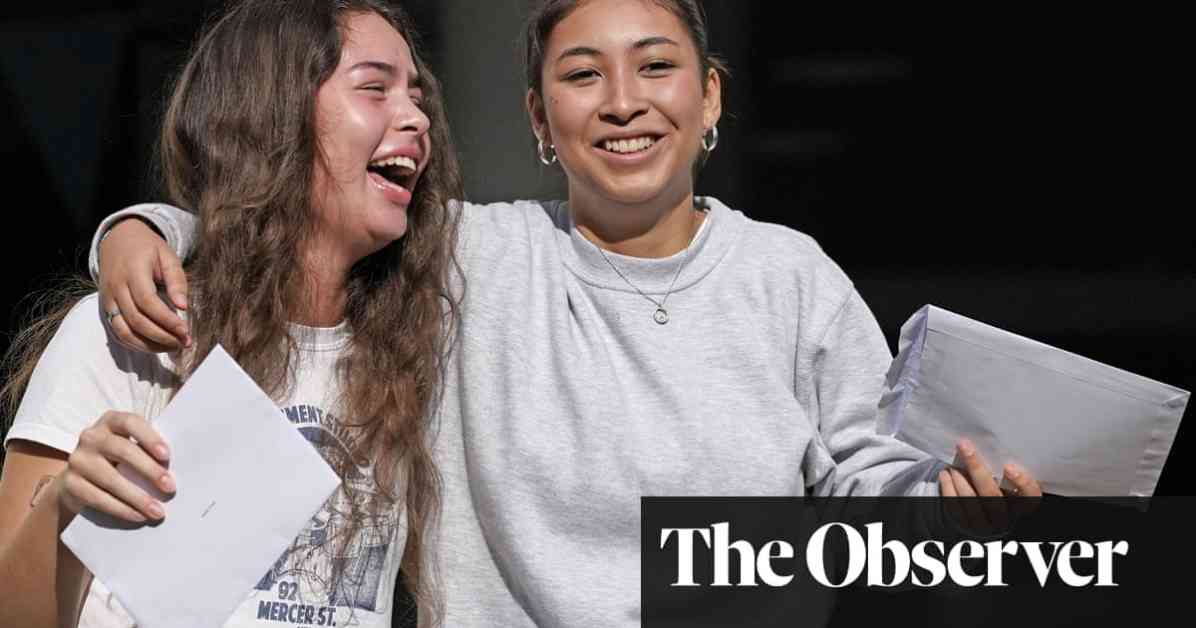This year, school leavers who are eagerly awaiting their A-level results may have a smoother time getting into their desired universities compared to the past two years, according to experts. With a surge in 18-year-olds vying for university spots, many institutions are looking to admit more UK students to fill their accommodations and lecture halls, amid concerns about a decline in international student numbers.
The current cohort of school leavers, the first in five years to have completed both their GCSE and A-level exams without pandemic disruptions, are expected to face a more favorable admissions cycle. Leading universities, which were previously cautious about extending offers after dealing with inflated A-level grades in 2020, are now more open to accepting students as the system has normalized.
Data analysis by Mark Corver revealed that lower and medium tariff universities offered admission to UK young people at higher rates this year. Additionally, the offer rate at the most selective high tariff universities has increased to 69%, bouncing back from a dip in 2022. Corver highlighted that the chances of securing a first-choice university spot were at an all-time low for 18-year-olds in England last year, potentially impacting the application rates this year.
Anxiety surrounding international student numbers, particularly in postgraduate taught courses, is prompting universities to prioritize UK students. The Russell Group, known for its reliance on international student revenue, is feeling the impact of declining international student applications. Factors such as changes in visa rules and country-specific issues like the Nigerian currency crisis have contributed to the decrease in international student interest in studying in the UK.
While A-level results are yet to be revealed, universities have already begun assessing candidates’ profiles. Nick Hillman suggested that students who narrowly missed their grades might still receive offers from universities, and encouraged proactive communication with admissions offices. With potential vacancies arising from reduced international student enrollments, universities are looking to fill those spaces with British students.
Mike Nicholson from Cambridge University acknowledged that some students may be entering clearing this year due to uncertainties caused by the pandemic. While Cambridge has no courses in clearing and expects to fill all available spots smoothly, other universities may opt to accept near-miss candidates with existing offers rather than admitting new students last minute.
Overall, the admissions landscape for this year’s school leavers seems to be more promising, with universities showing flexibility in their approach to student recruitment. The shift towards prioritizing UK students and the aftermath of the pandemic’s impact on student decisions are shaping the current university admissions process. As students eagerly await their results, the upcoming cycle presents opportunities for both institutions and prospective students in the UK.







